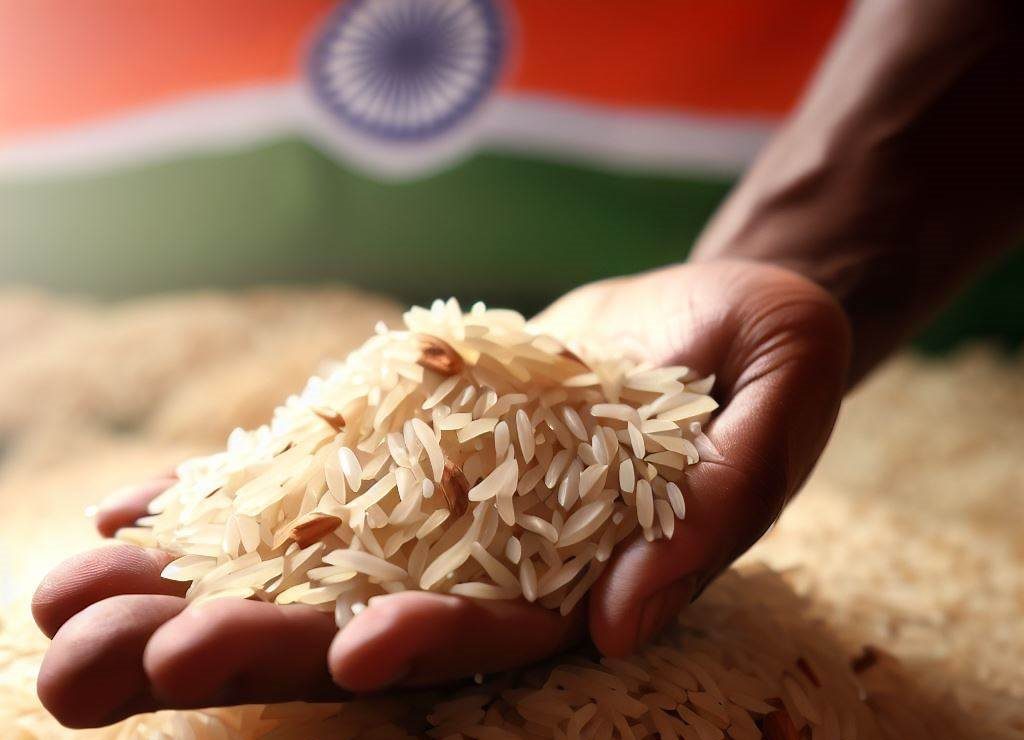India’s Rice Export Ban Sparks Global Food Insecurity Concerns

In a move aimed at stabilizing domestic prices and ensuring adequate availability, India, the world’s largest rice exporter, has imposed a ban on several categories of rice exports. Experts warn that this decision could have far-reaching consequences, driving up global prices of the grain and exacerbating existing concerns over food insecurity. The ban comes at a critical time when the world is already grappling with rising food prices and supply uncertainties.
India’s Importance in Global Rice Trade
India accounts for a substantial 40% share of the global rice trade, with its shipments reaching approximately 140 countries. The recent ban, announced by the government, was prompted by an 11.5% increase in prices over the past year and a further 3% rise in the past month. The ban, which became effective in July 2023, aims to ensure sufficient availability of non-basmati white rice in the Indian market and mitigate the inflationary pressures on domestic prices.
Impact on Global Prices
The ban’s implications extend beyond India’s borders, with experts warning that it could significantly impact global rice prices. By estimates, India used to export around 22.5 million tons of rice, but with the ban, approximately 10 million tons will be removed from the international market, representing nearly 40% of India’s rice exports.
Further Turmoil in Global Food Grain Markets
This development comes shortly after Russia withdrew support for Ukrainian wheat passage through the Black Sea, triggering warnings of surging prices. Consequently, the combination of India’s rice ban and the uncertainty around wheat supplies creates additional shocks in the global food grain markets.
Reasons Behind India’s Ban
While India is among the world’s largest rice producers and has sufficient stockpiles for its vast population, fears arise due to the possibility of an erratic monsoon season that could damage the paddy crop, planted in June and harvested in September. Recent heavy rains and floods in key rice-growing regions, such as Punjab and Haryana, have raised concerns. Additionally, deficient rains in southern states further contribute to uncertainty in rice production.
Potential Impact of El Nino
The “El Nino” effect, which brings hot, dry weather and lower rainfall to Asia, where most of the world’s rice is grown, adds to the worries over potential crop shortages. Considering rice’s status as a staple food for over 3 billion people globally, the Indian government’s cautious approach is understandable, aiming to avert any risks associated with food inflation.
Diplomacy and Political Considerations
The ban on rice exports excludes specific varieties primarily exported to Bangladesh and African nations, reflecting a diplomatic move to maintain good ties with neighboring countries and strengthen influence in Africa.
Global Consequences and Future Trends
Given India’s significant role in the rice market, the ban may lead to further disruptions. Countries like Benin, Africa’s largest rice importer, are already grappling with soaring food costs, raising further alarm about the potential consequences of India’s export ban. Furthermore, Vietnam and other major rice producers have been stockpiling rice in anticipation of shortages, further intensifying the global supply concerns.
India’s decision to impose the ban has historical precedence. In 2008, Vietnam banned rice exports, prompting other countries like India, China, and Cambodia to follow suit. According to a World Bank study, these export restrictions caused a significant 52% increase in global rice prices. Should other nations emulate India’s move and impose export restrictions, the effects on food prices could surpass those experienced in 2008.
As the global population grows and climate change continues to affect agricultural yields, the temptation for governments to resort to export restrictions to secure domestic food security may become more frequent. Rice, being a primary source of sustenance for nearly half of the world’s population, faces increased threats to its supply, which could potentially trigger more restrictive actions in the future.
With food insecurity becoming a pressing concern on the international stage, experts and policymakers will closely monitor the effects of India’s rice export ban. The situation calls for thoughtful and cooperative measures to ensure stable and affordable food supplies for vulnerable populations worldwide.



